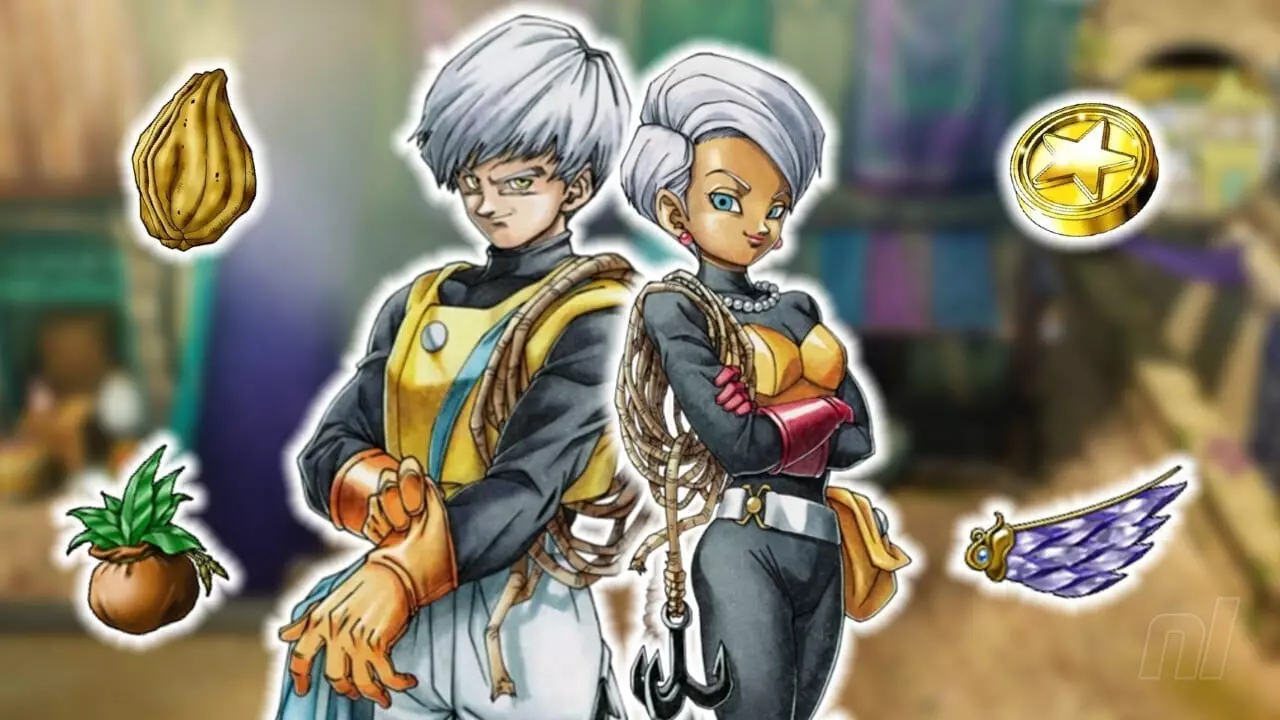When exploring the vast landscapes of role-playing games (RPGs), players often find themselves immersed in worlds bursting with creativity and adventure. One peculiar and striking facet of these digital realms is the ability to “loot” in-game settings—often within the confines of unsuspecting NPCs’ homes. This practice, while tinged with moral ambiguity, serves as a quintessential aspect of many RPGs and raises interesting questions about player ethics and game design.
Imagine arriving in a picturesque village within an RPG. The vivid designs, charming stone houses, and delightful sounds invite exploration, promising treasures and adventures. However, there comes an almost irresistible urge to stray from the path of the hero and peer into the villagers’ sanctums. It’s a common decision—like crossing an invisible line—when players knock on an NPC’s door only to unceremoniously march inside. The door swings wide, and suddenly, the player is sifting through cabinets and drawers, hunting for loot.
This scenario encapsulates a common gameplay mechanic: the ability to rummage through others’ belongings without consequence. This behavior raises eyebrows; after all, the player usually portrays a virtuous hero who must have morals. Yet, here we are, tapping into our inner kleptomaniac. It’s a fun juxtaposition—being celebrated as the savior of the realm while simultaneously committing petty theft. Why does this contradiction feel so satisfying? Is it the allure of rare items, the satisfaction of exploration, or merely the thrill of the hunt?
RPGs often allow players to role-play different personas, including those driven by self-interest. Delving into a character’s morality provides layers of interaction, be it through nuanced dialogue or actions with tangible consequences, such as stealing. Western RPGs, like *The Witcher III*, intertwine this choice with penalties, making players think twice before grabbing that golden trinket. On the other hand, many Japanese RPGs, including *Dragon Quest*, take a more light-hearted approach, allowing players a carefree romp through others’ properties without repercussion.
Exploring this moral flexibility is fascinating. In these worlds, players can push the limits of morality, test their luck, and see how far they can go without retribution. Often, players find joy in the act of discovery—be it a rare item, a unique weapon, or amusing dialogue from the NPCs. The thrill of sneaking a peek behind a bookshelf or checking under beds creates a compelling gameplay loop that is both engaging and whimsical.
Every gamer understands the rush that accompanies finding something rare—be it a sparkling gem hidden within a cupboard or a unique piece of equipment swiped from an unsuspecting villager. It’s akin to hitting a jackpot, and this feeling is supported by neuroscience. The brain releases dopamine when we uncover these treasures, creating a cycle of pleasure and reward that keeps players coming back for more.
In *Dragon Quest III*, for example, the initial decisions made during character creation set the tone for the adventure ahead. Players encounter roadblocks in their journey, motivating them to seek out additional resources to enhance their characters’ strengths. Naturally, the urge to seek out extra items often leads back to pilfering from the unsuspecting populace—or, at least, from various in-game containers.
As items build up in the inventory, the satisfaction scales; it’s a constant balancing act of morality versus need. Is that extra 50 gold pieces truly worthwhile? It might seem trivial, but a clutch find can turn the tide of a dungeon exploration. The contrast between the perceived nobility of the hero and the act of stealing encapsulates the delightful absurdity of RPG storytelling.
Ultimately, the act of invading NPC households serves as a form of escapism—a way to indulge in the playfulness of RPGs while questioning our own ethical boundaries. It’s an exciting premise: the ability to be both hero and scoundrel within a crafted world, where every decision is amplified beyond real-life consequences. However, it’s crucial to highlight that this digital flamboyance should not extend into our own lives.
As we dive into the enthralling conundrum of RPG theft, we must embrace the humor, the thrill, and the unique experiences these games present. So, the next time you find yourself peeking into an in-game drawer, relish the silly freedom of it all, but remember—the line between heroism and mischief is not always as clear-cut as it seems. Whether you’re a respecter of property rights or a cunning thief at heart, the choice rests within the exhilarating playground of RPGs.


Leave a Reply